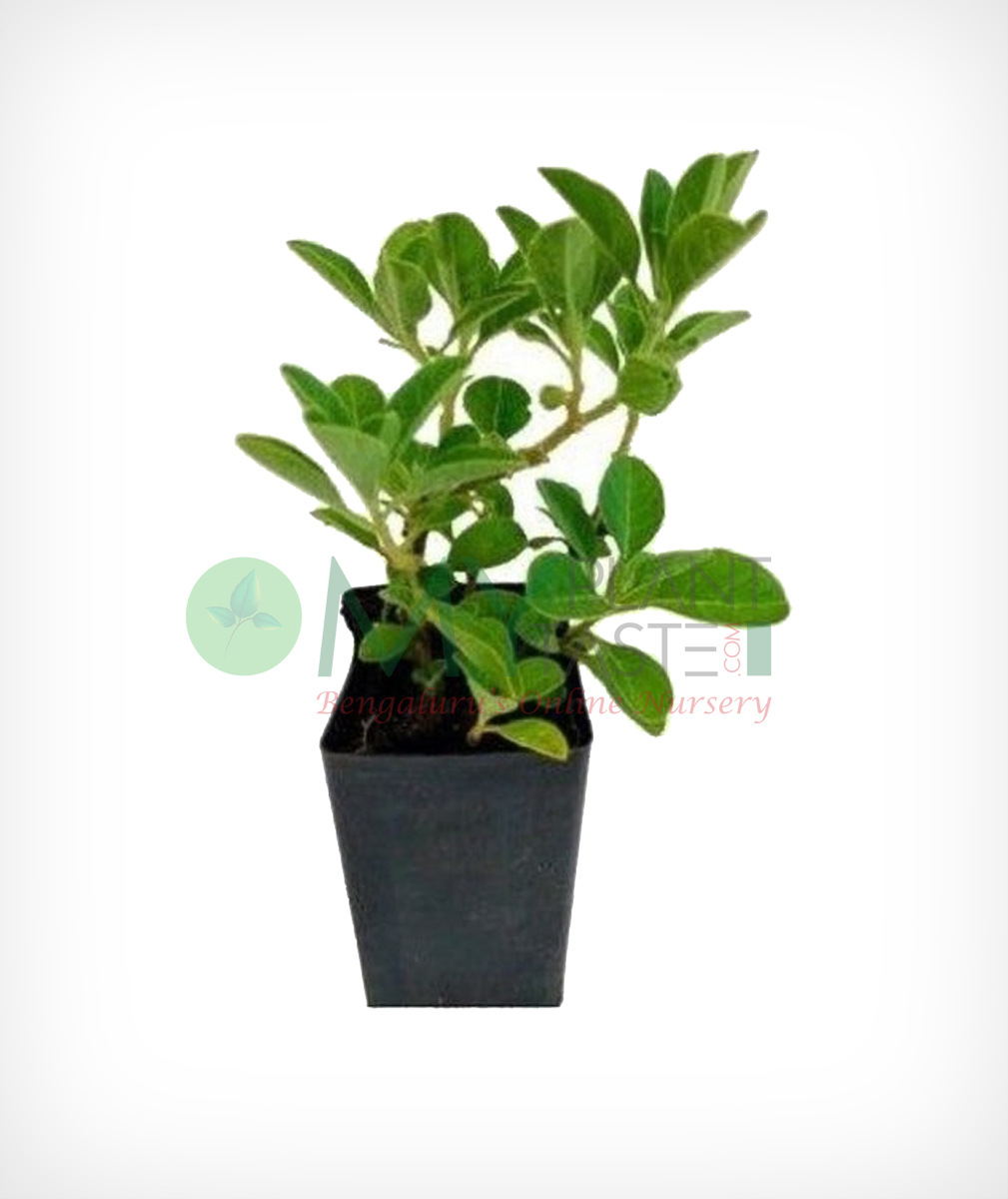- Empty cart.
- Continue Shopping

₹149.00
Out of stock
Ashwagandha
₹149.00
Withania somnifera, commonly known as Ashwagandha (winter cherry), is an important medicinal plant that has been used in Ayurvedic and indigenous medicine for more than 3,000 years. Some herbalists refer to Ashwagandha as Indian ginseng. The plant extract has many bioactive compounds and thereby exerts antioxidant, anti-inflammatory, and immunomodulatory activities.
Out of stock
Withania somnifera, commonly known as Ashwagandha (winter cherry), is an important medicinal plant that has been used in Ayurvedic and indigenous medicine for more than 3,000 years. Some herbalists refer to Ashwagandha as Indian ginseng. The plant extract has many bioactive compounds and thereby exerts antioxidant, anti-inflammatory, and immunomodulatory activities.
The plant extract and its bioactive compounds are used in the prevention and treatment of many diseases, such as arthritis, impotence, amnesia, anxiety, cancer, neurodegenerative and cardiovascular diseases, and others. This chapter describes multiple health benefits of Ashwagandha in humans and animals.
Withania somnifera (WS), a plant belonging to the Solanaceae family, also known as Indian Ginseng or Ashwagandha, is referred to as ‘Medhya rasayan’ (Nootropic herb) in Ayurvedic medicine (Bhattacharya and Kumar, 1997; Maurya, 2010). Ashwagandha has been traditionally used to simultaneously treat various health conditions, including mental stress, anxiety, depression, and memory loss (Bhattacharya et al., 2000; Ven Murthy et al., 2010), in addition to its general health utility as a powerful antioxidant (Bhattacharya et al., 2001; Parihar et al., 2004), neuroprotective (Wollen, 2010; Yadav et al., 2010), and anti-inflammatory drug (Grover et al., 2010). The term Ashwagandha means the ‘odor of horse,’ originating from the horse-like odor of its roots (Ven Murthy et al., 2010).
Only logged in customers who have purchased this product may leave a review.
Shipping Details
- Please pay more attention to your order address which MUST MATCH your shipping address. (If you’re from Bangalore, Please leave your full name with alternate mobile no. It is very important)
- Items will be shipped within 6-7 business days after payment.
- Please check items when delivered, if damaged, please kindly accept it and contact us immediately. We will make a confirmation and resend you a new one.
| Shipping By | Shipping Cost | Estimated Delivery Time | Tracking Information |
| MPMT | Free Shipping above 1000 Rs | 6-7 days Standard Estimate Time for Plants | Available Click Here |


















Reviews
There are no reviews yet.